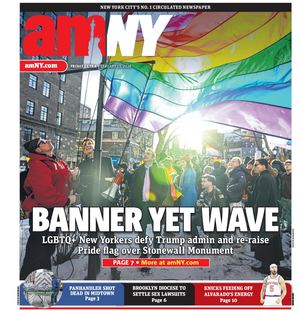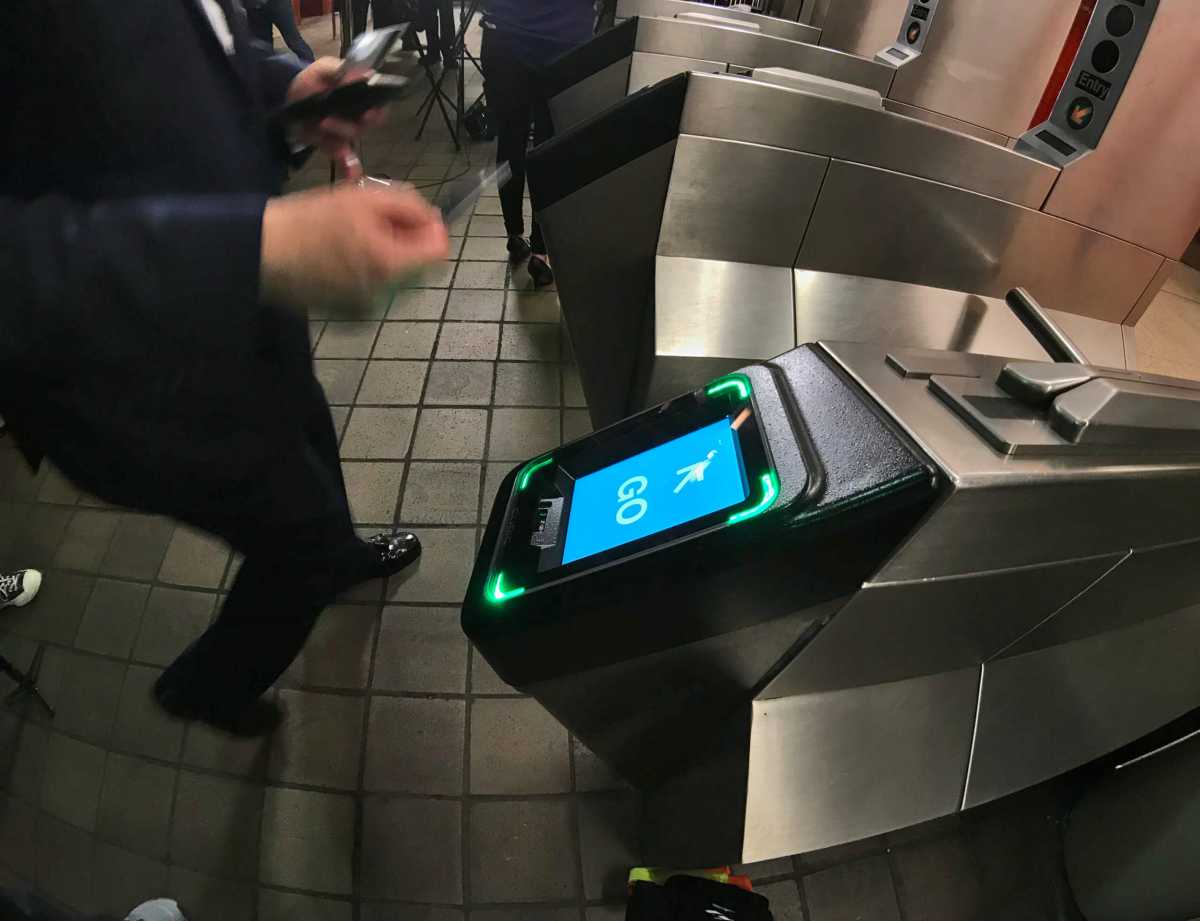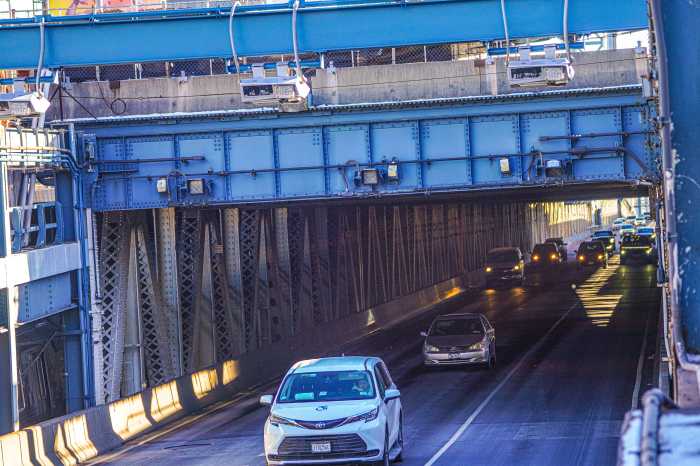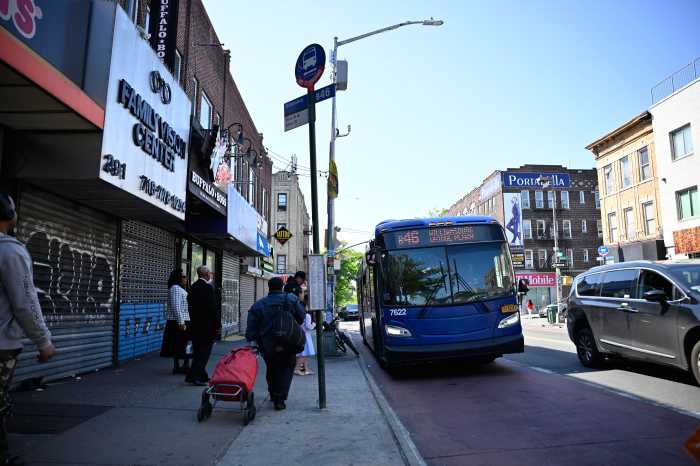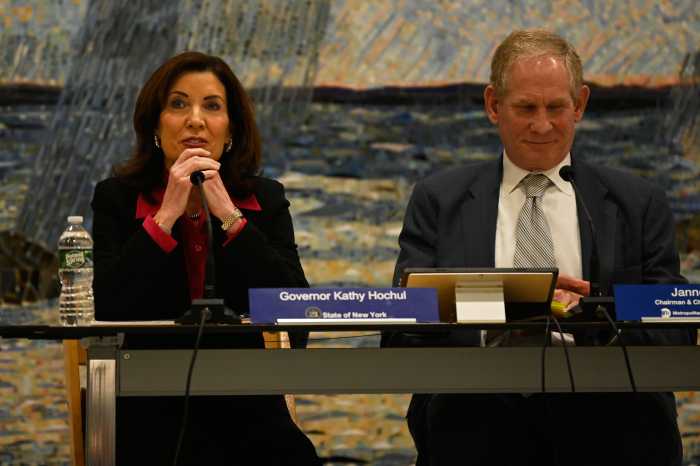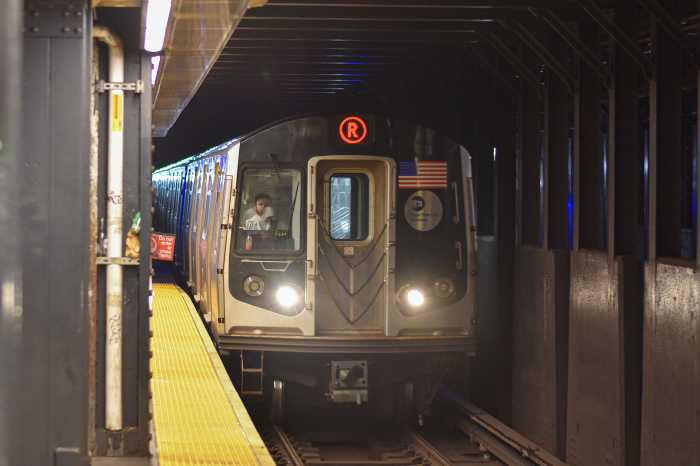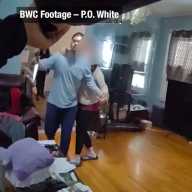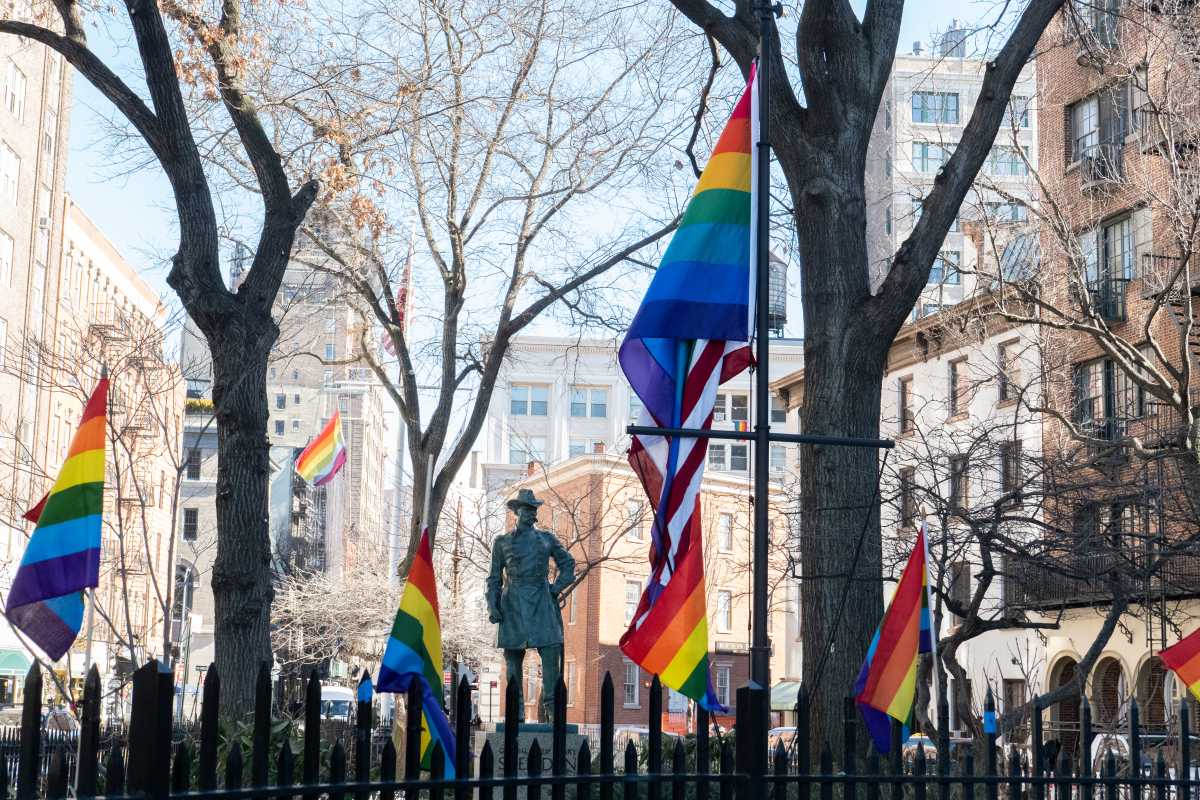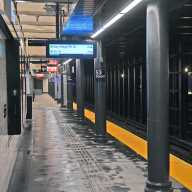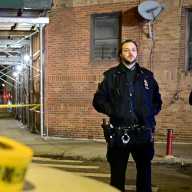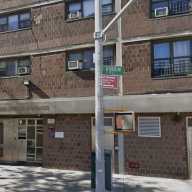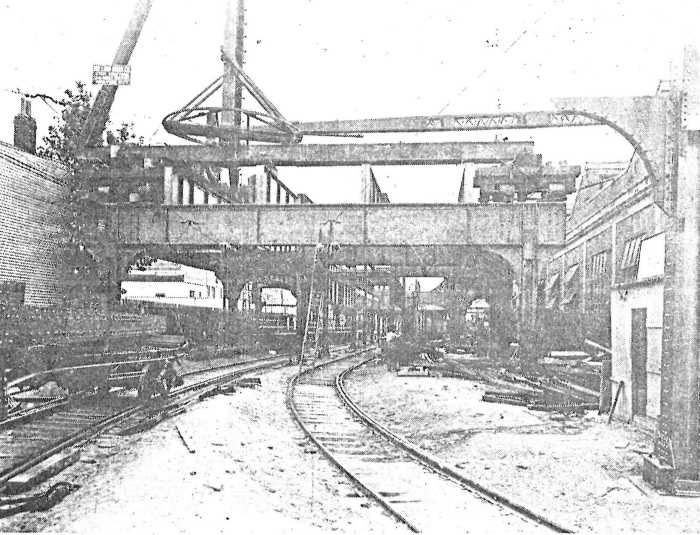The MTA board made it official Tuesday, formally voting to approve its plan to raise the NYC subway and bus fare by 10 cents in January.
Per the approval, made during the board’s monthly meeting on Sept. 30, a ride on the subway or bus will increase from $2.90 to $3; reduced fare rides would increase from $1.45 to $1.50.
The express bus fare will increase by a quarter, from $7 to $7.25, and the reduced fares during off-peak hours will jump from $3.50 to $3.60.
The MTA board also voted “yes” to lower the price of its seven-day subway and bus fare cap.
Per the approval, the unlimited OMNY fare cap price will be slashed by $1. The current $34 cap will increase to $35, rather than the originally proposed two-dollar increase to $36.
Under the cap, customers pay for 12 rides within a seven-day period; all subsequent rides are free. At the proposed base fare, no rider would pay more than $35 in a week. Reduced-fare customers would pay no more than $17.50 in a week
The decision to lower the original fare cap followed a six-week public comment period. Janno Lieber, MTA chair and CEO, said fares account for about 30% of the agency’s operating budget, compared to 50% before the pandemic, attributing the decrease to Albany lawmakers’ increased MTA funding, which helped reduce the fare hike.
“This governor and this legislature stepped up so we did not have to change our pattern of small incremental fare increases and go to a massive fare increase like is going on in Philadelphia right now,” Lieber said. “We have 2% a year instead of 20% or 15%, which is what New Jersey just went through.”
Additionally, the board approved all one-way mobile and paper commuter rail tickets for the Long Island Rail Road and Metro-North to expire at 4 a.m. the following day instead of the original proposal from July, which included a four-hour validity window on the tickets.
Meanwhile, tolls on most MTA bridges will increase from $6.94 to $7.46.
Commuters have mixed reactions to paying more for transit.
Omar Vera, a commuter who spoke at the meeting, criticized the increases.
“For many people, this is becoming unaffordable for the hikes to keep happening,” he said. “At the very least, this shouldn’t be every two years. Give it some time for people to make more wages or salary, and then maybe you can put in a fare hike that is appropriate for the people”
But Adam Schmidt, a transportation associate at the Citizens Budget Commission (CBC), spoke in support of the fare and toll hike.
“Reasonable, predictable biennial increases are the appropriate way to support the MTA’s ongoing operations while protecting riders and drivers from significant, unexpected price hikes,” he said. “Let’s be clear, these fare and toll increases are essential. Reducing them, even modestly, from the original amount does not serve the MTA’s finances well.”
